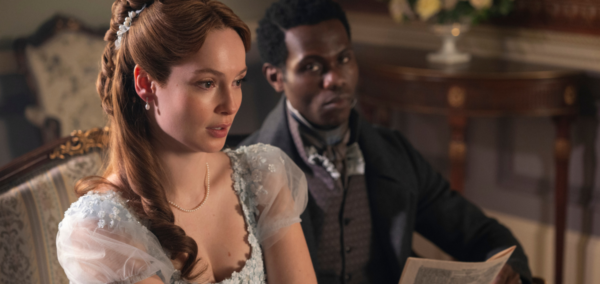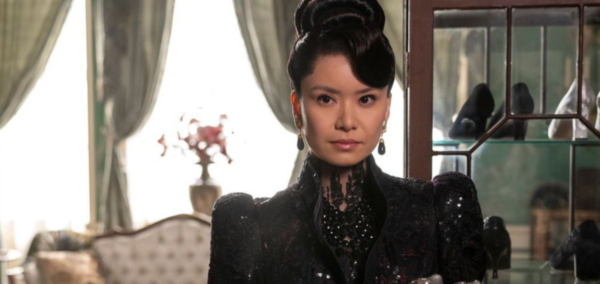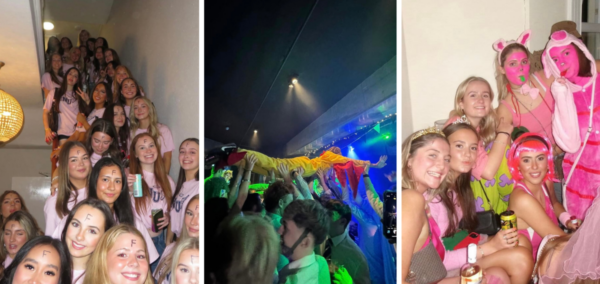
Cambridge alumnus and journalist Elizabeth Day talks university, careers, and friendship
Elizabeth’s book Friendaholic was named Sunday Times bestseller last year
Elizabeth Day was sent swirling back to her university days as I interviewed her on the “formative” years of her life. Day attended Queens’ College and studied history which were “wonderful times… surrounded by beauty and privilege and spending years learning and drinking cheap alcohol”.
Anyone who has accessed anything “Day-related” is aware she made a splash in journalism at a young age, after attending work experience at the Sunday Telegraph and being offered a job that same week.
View this post on InstagramMost Read
On being asked about dealing with the competition both at university and at the beginning of her journalism career, Day emphasised the uniqueness of every person’s way of thinking, reading, and writing: It is this originality that sets you apart.
The ever-expanding field of journalism means there is much more scope for finding a specific place for each writer’s pieces where they can flourish: “Writing is a craft as well as an art”, Day reflects.
Unlike most, Day does not share the pessimistic outlook on the impact of AI on journalism.
“The same conversations occurred when TV began and people thought it would be the death of cinema”, Day remarks. “Or online journalism catalysing the death of print”.
At the moment, she believes, it lacks the quintessential human skills of empathy and intuitive compassion. Day says the most meaningful journalism lies here, where one listens for things left unsaid, hears things being said and being able to proffer some connection and one’s own experience in that.
From a young age, Day had aspired to be an author and now has many accolades to her name. She has written nine books of a mixture of fiction and non-fiction which were all received positively.
On the writing process, Day commented: “When we talk or write about personal, unique things, the extraordinary thing is that it has universal resonance. Therefore, the best way to write is to be vulnerable and honest. So much of writing is editing, restructuring and deletion”.
Arguably, the best thing one can do when writing, is simply to get it all down on the page.
Friendaholic, Day’s latest book, described as “A candid examination of the difference between being good at friendships and being a good friend” by Kathryn Hughes, depicts the variety of friendships one experiences.
View this post on Instagram
She talks of Robin Dunbar who described how humans have an inner circle of friendship, consisting of up to five key relationships which require nurturing. The outer layers that follow are dedicated to friends who perform different functions.
Throughout university, Day noticed that friendship dynamics change and alter to fit to Dunbar’s theory because university is about experimentation and figuring out what you want in relationships.
Day reflects on the beauty of these long lasting-friendships from university: “There is something beautiful in university being the ‘growing up years’, and maintaining the friendships through that, growing together, not locking them into the person we first met”.
Elizabeth Day is most recognised for her podcast How to Fail which in 2019 won the Rising Star Award at the British Podcast Awards.
View this post on Instagram
Day reflected on university to highlight her greatest “failure” during her time at Cambridge. “My greatest failure at university was losing myself in second year”, she says.
Behind all the fun and drinking at formals (almost managing to go to a formal at every college!) and attending drinking societies, she felt dislocated. “I went through a process of wondering who I was and what I was doing”. She continued, “feeling like a failure taught me lots: I was in one of the most privileged places, so what more could I want?”
On imposter syndrome, the BNOC around Cambridge, Day had some interesting thoughts. “It relies on the idea that it is only us as individuals that are frauds, yet everyone feels it to some extent”. Therefore, that makes us all imposters, meaning it doesn’t truly exist: “Perhaps we are all just a bit screwed up!”
Featured image via @elizabday on Instagram.
















